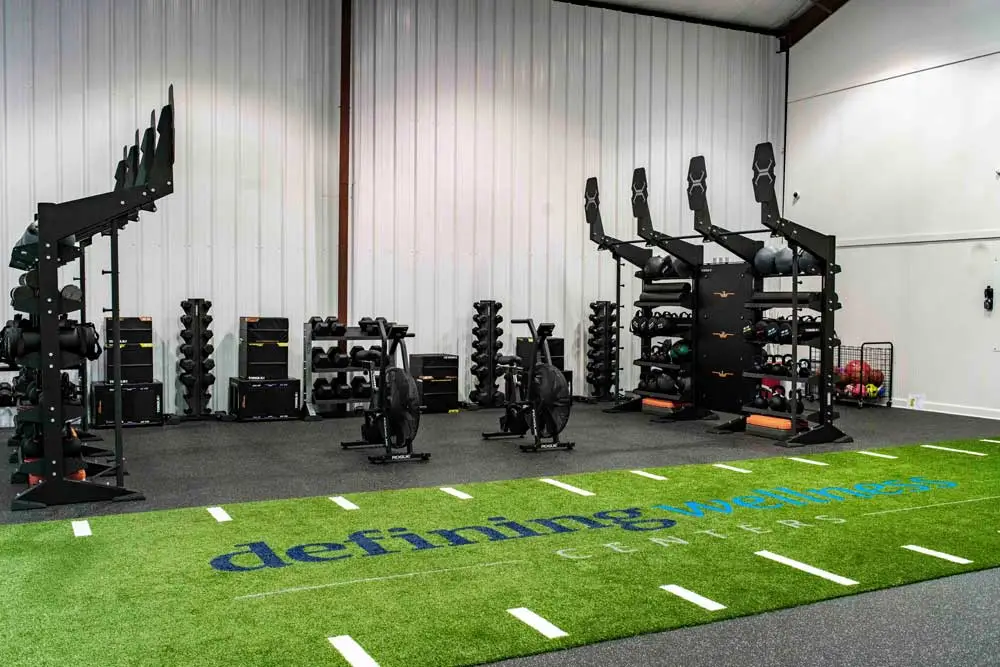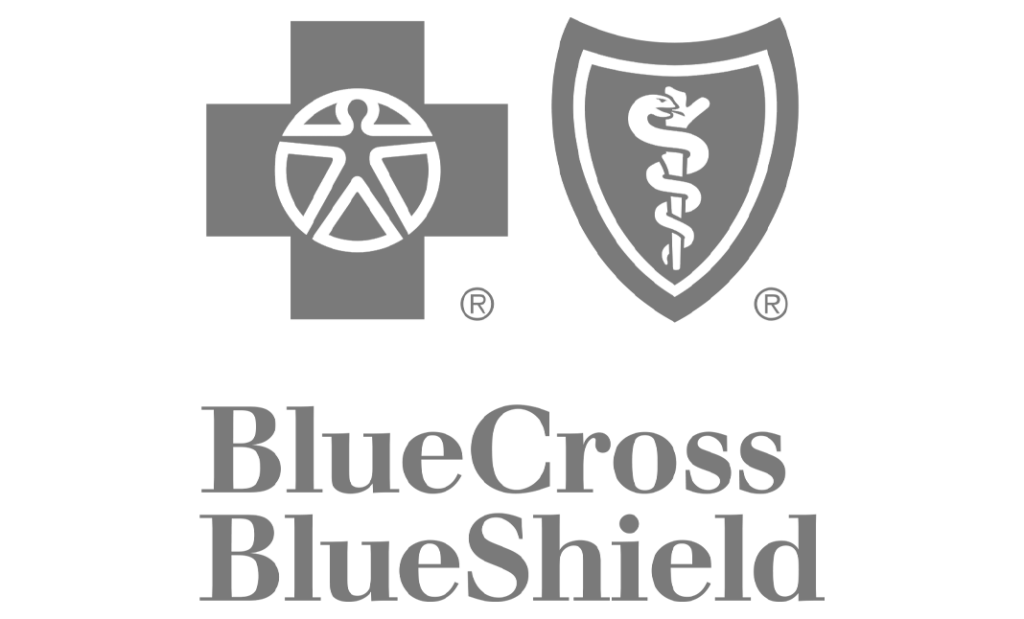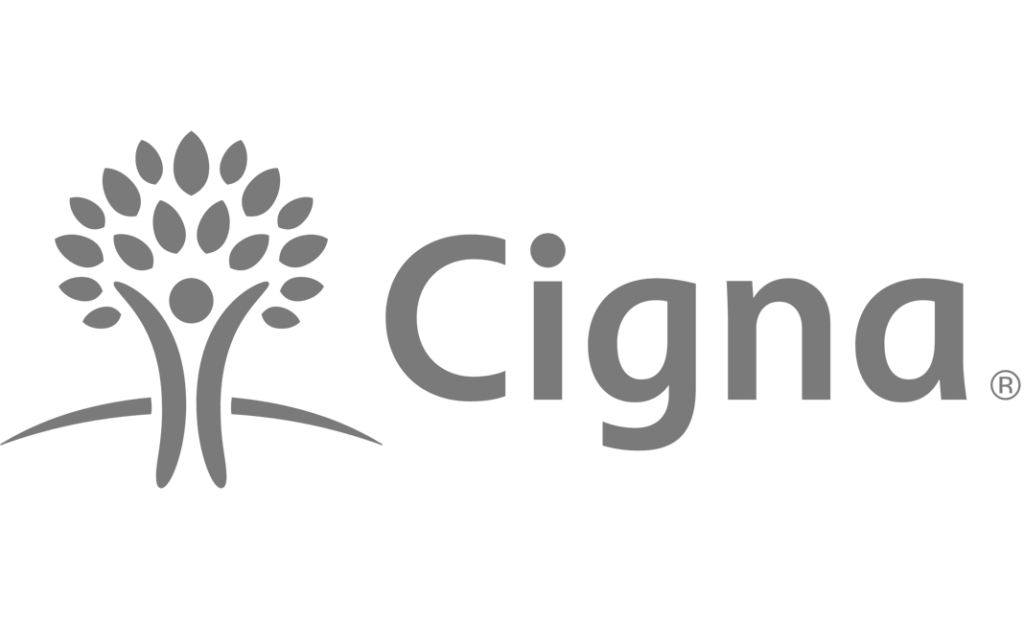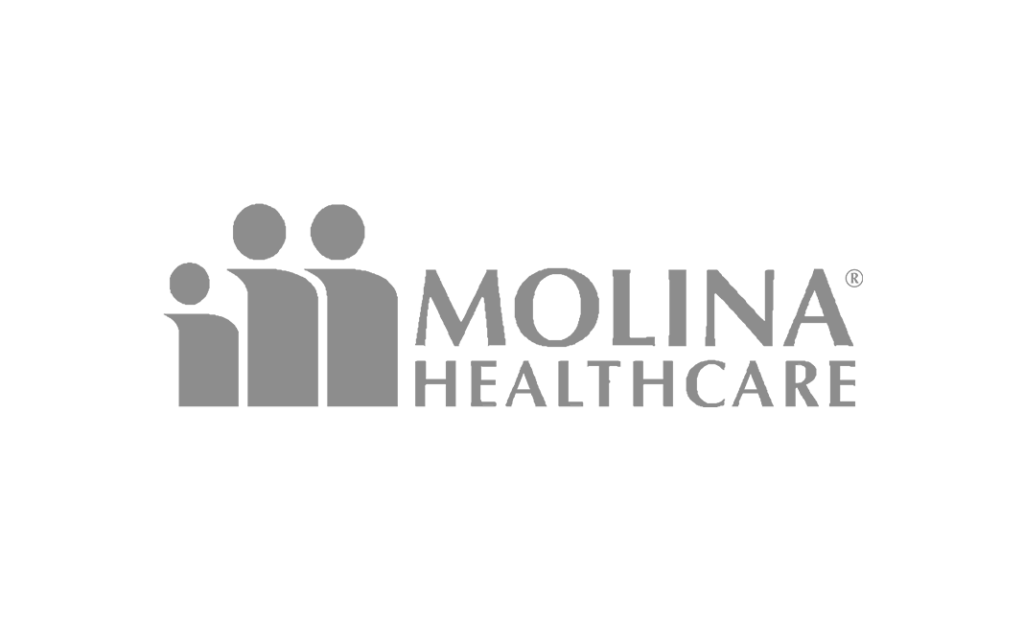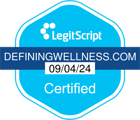All About Drug Detox and Alcohol Rehab in Vicksburg, Mississippi
Vicksburg, Mississippi is a small city in central-west Mississippi. Home to roughly 44,000 residents, Vicksburg is based on a tall bluff that overlooks the Mississippi River. Its desirable geographic setting and rich history have long made Vicksburg an attractive locale.
The area was settled by French colonists in 1719 who built a fort, Fort Saint-Pierre, on the aforementioned bluff. A decade later, the area’s original inhabitants, the Natchez Native Americans, attacked, massacring hundreds of settlers. Since then, the area has been a hot spot for major battles and conflicts, including acting as an essential river port during the Civil War. It was here where the Union won a decisive battle, the Siege of Vicksburg, in 1863.
Today, apart from being home to three large U.S. Army Corps of Engineers Installations, Vicksburg doesn’t offer as much excitement as it did in centuries past. Many Vicksburg residents have found themselves involved with drugs and alcohol to the point of chemical dependence and addiction.
Although Vicksburg isn’t unique in being home to thousands of people who with substance use disorders, the locality’s rural nature makes it difficult for residents to seek help for drug addiction and dependence. Fortunately, our drug detox and alcohol rehab center, Defining Wellness, is located less than an hour east of Vicksburg in Brandon, Mississippi.
All About Defining Wellness’s Drug Detox and Alcohol Rehab Center
We’ll start by taking a deep dive into drug tolerance, dependence, addiction and withdrawal. Then, we’ll explain why drug detox is so effective at helping people overcome drug and alcohol problems. After going over the basics of alcohol rehab in Vicksburg, Mississippi, we’ll tell you what sets our drug detox and alcohol rehab apart from our competitors.
This article uses the word “drugs” to refer to both illicit drugs and alcohol. We define drugs as substances that change the way you feel, and this includes both of these.
What Is Drug Detox?
When people quit drugs, they sometimes go through drug withdrawal syndrome. Alcohol is notorious for being one of the worst drugs to come off of. In fact, alcohol withdrawal syndrome can be fatal. Hundreds of Americans die from poorly managed alcohol detoxes.
Medical facilities — mainly hospitals, though drug and alcohol rehab centers like Defining Wellness in Brandon, Mississippi also offer the service — help people who suffer from addiction kick their drug dependencies to the curb. Clients take time off from work, school and other obligations to spend anywhere from five days to two weeks in a drug detox facility.
Before we go into more detail about drug detox, we’ll explain the concepts of tolerance, dependence, withdrawal and addiction.
Understanding Drug Dependence and Withdrawal
When individuals use prescription medications, illicit drugs or alcohol repeatedly, they don’t work as well as they used to. This is known as drug tolerance. Some tolerance-forming medications can cause physical dependence; people who are dependent on medications must take them every day to avoid drug withdrawal. Also known as drug withdrawal syndrome, withdrawal refers to the group of symptoms people experience when they stop taking drugs to which they’re physically dependent.
Recreational rugs, including alcohol, aren’t the only substances that cause physical dependence. Doctors sometimes prescribe medications that cause physical dependence. As far as drug use is concerned, dependence becomes a problem when people can’t access the drugs on which they’re dependent.
People can also find themselves in situations in which drug use isn’t feasible, such as when they’re around family members or at work. People who are chemically dependent on illicit drugs can’t always find them on the black market. Also, since drugs are criminalized, people who sell drugs take the risk of getting caught and serving long jail sentences. This makes illicit drugs expensive, so users may not always have the money to afford them. Arrest and incarceration can also keep people from accessing drugs. Many other situations can keep drug-dependent persons from accessing drugs. Dependence is less often an issue with prescribed medications as they’re legal, readily available and typically more affordable.
The Role of Dependence in Addiction
According to the American Psychiatric Association, addiction is a brain disease that manifests as compulsive substance use despite harmful consequence.”
As a rule, people don’t have to be dependent on drugs to be addicted. Likewise, dependence isn’t always characteristic of addiction. However, in practice, dependence and addiction often go hand in hand.
Many people who deal with drug addiction report not being able to quit due to their dependence. Considering that alcohol withdrawal syndrome consists of symptoms such as seizures, shaking, shivering, vomiting and intense anxiety, it’s easy to understand why people addicted to alcohol report physical dependence as such a major issue. Imagine trying to work while experiencing these symptoms. Being unable to work prevents most people from earning money, making it impossible to support themselves — and impossible to buy more alcohol. Even if someone planned to undergo withdrawal while on vacation, for example, successfully making it through the process is still incredibly difficult.
Acute alcohol withdrawal can even cause death. Alcohol isn’t the only drug that’s hard to quit, not to mention potentially deadly. Many other drugs, when taken daily for long periods, are similarly difficult to quit. Acute withdrawal from benzodiazepines, a family of anxiety-reducing and sleep-inducing medications that includes Xanax, Valium and Klonopin, is also so severe that it can cause death.
Acute conditions are severe and sudden. Cases of drug withdrawal, for example, may not be considered “acute” if drug-dependent persons taper their usage down over a period of weeks or months before quitting.
Cold Turkey vs. Medically Supervised Drug and Alcohol Detox
It’s abundantly clear that drug- and alcohol-dependent people widely struggle to stop using drugs. Many people who are battling moderate to heavy addiction want to break free of their substance use disorder immediately, often leading them to attempt to go cold turkey.
People who attempt to quit drugs or alcohol all at once have remarkably lower success rates than those who seek out evidence-based treatment methods. Medically supervised drug and alcohol detox, which is backed by hundreds of peer-reviewed addiction treatment studies, is considered the gold standard in helping drug-dependent people get over their chemical dependencies.
Drug Detox and Alcohol Rehab — How Do These Treatment Options Fit Together?
No two addicts follow the same path in overcoming their addictions and chemical dependencies. However, addiction treatment professionals have advised people interested in beating substance use disorder to first enter drug detox to safely and comfortably endure drug or alcohol withdrawal syndrome. After their clients are done with detox, professionals then recommend that they enroll in an inpatient treatment program. This usually takes the form of inpatient rehab.
What Sets Our Drug Detox Apart
Here at Defining Wellness, we encourage most clients to undergo medical detox. Even if you don’t suffer from severe, unbearable withdrawal symptoms within a day or so of your last dose, we still believe medical detox offers major benefits to people who want to kick their addictions to drugs or alcohol.
Our medical detox program also keeps clients with particularly hefty chemical dependencies and existing medical problems from experiencing potentially life-threatening symptoms. As mentioned earlier, people coming off alcohol, benzodiazepines and opioids can die from drug withdrawal. Such deaths happen when people experience extraordinarily severe withdrawal symptoms that, in turn, worsen existing medical conditions or cause lifelong health problems.
Before you’ll be admitted to our secure medical detox program, we’ll perform an in-depth medical assessment. Our in-house physician, who specializes in addiction treatment, will screen you for co-occurring disorders, other psychological factors of importance, known and unknown medical conditions, your drug and alcohol addiction history, and whether you’ll be at risk of drug withdrawal during detox.
Medical detox nurses, doctors and staff members give clients a great deal of attention. They routinely monitor clients’ symptoms and record their vital signs several times a day, making sure that any and all symptoms of drug withdrawal are being sufficiently treated. Our staff members always treat clients with unwavering compassion and the utmost respect as part of our mission to maintain a stigma-free environment.
We’ll also make sure you receive ample nutrition throughout your stay in detox, replenishing your body’s minerals, electrolytes and other essential components.
Entering new environments, especially addiction treatment facilities, can be nerve-wracking. After all, addiction is a sensitive topic. Spending time around others at their lowest points — when they’re going through drug or alcohol withdrawal syndrome — helps you form genuine bonds with your peers here at Defining Wellness. These bonds will carry over to your inpatient rehab experience, making your transition infinitely more comfortable.
Overall, our medical detox usually keeps clients for seven to 10 days, depending on various individual factors related to clients’ drug use histories. Things like the length of your drug-using history, what drugs you used, how often you used them and your medical history all go into our calculations regarding how long we will keep you in detox.
Medication-Assisted Treatment Is an Option at Defining Wellness
Medication-assisted treatment (MAT) is considered the gold standard in treating opioid use disorder — and alcohol, though to a much lesser extent.
In basic terms, MAT refers to the use of opioid replacements in treating clients with opioid use disorder. The two most popular medications used in MAT are buprenorphine (Suboxone, Subutex) and methadone. There are also two suspended-release injections available — sublocade, a long-term injection form of buprenorphine that lasts for an entire month, and Vivitrol, a similar treatment that contains naltrexone instead.
Lastly, oral naltrexone is also an option. Naltrexone, including Vivitrol, is the medication given to people with alcohol use disorder. The others are reserved for people with opioid use problems.
All these opioid replacements satisfy your brain’s opioid receptors, keeping you out of opioid withdrawal, except naltrexone and Vivitrol. These medications only latch onto your brain’s opioid receptors, keeping other opioids from getting you high. This greatly limits the temptation of returning to illicit opioid use. Buprenorphine and methadone also keep you from feeling the euphoric effects of full-agonist opioids, such as heroin, morphine, codeine, oxycodone, meperidine, and fentanyl.
What Do You Do After Medical Detox?
While most addiction treatment professionals recommend inpatient rehab after drug detox, you could also seek outpatient treatment. In outpatient treatment, you continue living your usual life, going to work or school, but regularly attend solo and group counseling sessions or addiction recovery support groups such as Narcotics Anonymous or Alcoholics Anonymous.
Here, we won’t be discussing outpatient treatment options. Rather, we’re going to briefly discuss our alcohol rehab program.
Defining Wellness’s Top-Tier Alcohol Rehab Program
We’ll invite you to stay anywhere between 30 days and several months — if not a full year — depending on how confident you are in your ability to stay sober once you graduate from our alcohol rehab program.
We provide living accommodations, laundry facilities and three daily meals, as well as anything else you’ll need to thrive while here in Brandon, MS.
Your days will be quite busy, spent in solo or group cognitive behavioral therapy sessions, support group meetings, psychoeducational workshops, family and marriage counseling sessions, music therapy activities, motivational interviewing discussions, and many other evidence-based activities and treatment modalities.
Is Drug Detox or Alcohol Rehab Right for You?
If you’ve been experiencing serious repercussions in life as a direct result of your drug or alcohol use, or you’re simply ready to quit, our drug detox and inpatient rehab programs could be right for you.
Visit our website or call us at (855) 790-9303 to see if you’re a good fit for our Central Mississippi-based addiction treatment programs.








